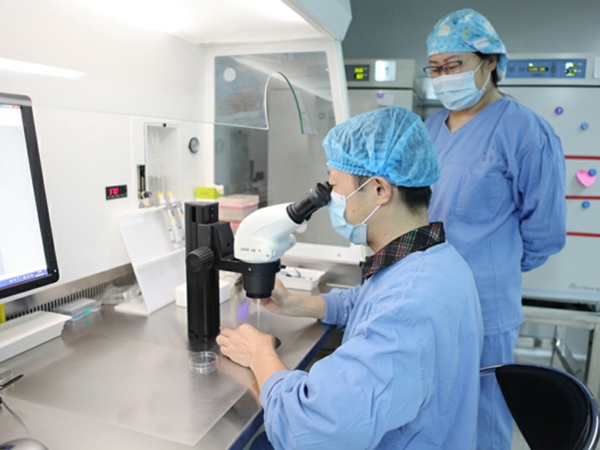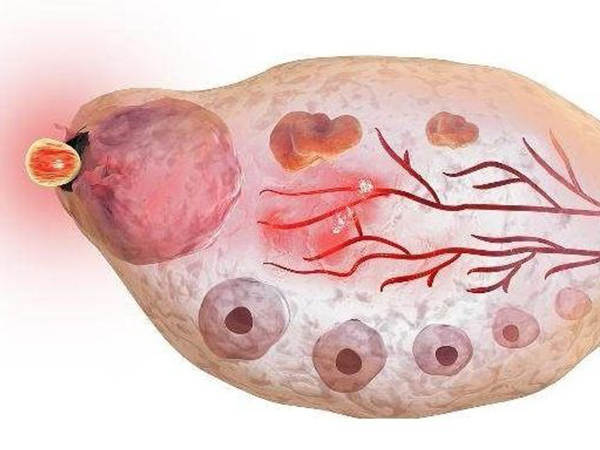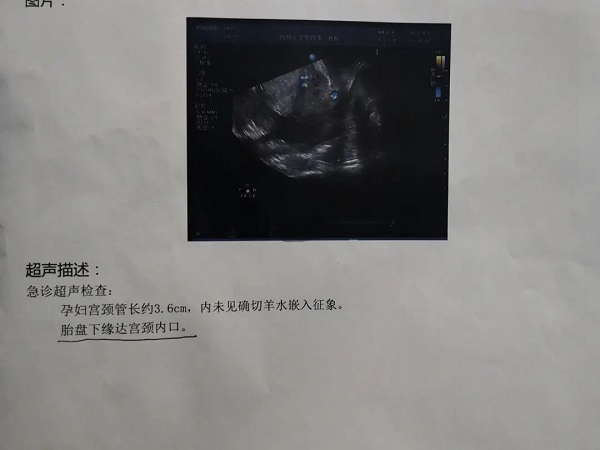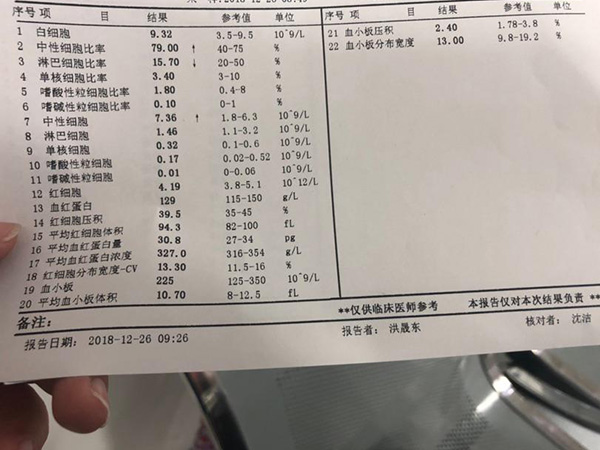Analysis of Chongqing IVF Subsidy Policy
In recent years, the Chongqing government has implemented a series of subsidy policies to support families seeking in vitro fertilization (IVF) treatment. This article will provide a comprehensive analysis of the Chongqing IVF subsidy policy, covering six key aspects: eligibility criteria, subsidy amount, application process, medical institutions, impact on families, and future prospects. By examining these aspects, we can gain a better understanding of the effectiveness and implications of the policy.

Eligibility Criteria
The eligibility criteria for the Chongqing IVF subsidy policy are designed to target families facing difficulties in conceiving naturally. In general, couples must provide medical documentation proving their infertility and demonstrate that they have been unable to conceive after a certain period of trying. Additionally, there may be age restrictions for female applicants. These criteria ensure that the subsidies are allocated to those who truly need them, while also promoting responsible and informed decision-making regarding fertility treatments.
Subsidy Amount
The subsidy amount provided by the Chongqing government varies depending on the specific medical procedures required for IVF treatment. It may cover a portion of the costs for initial consultations, diagnostic tests, medications, and the IVF procedure itself. The amount of subsidy is determined based on the financial situation of the applicants, with lower-income families receiving higher levels of support. This approach aims to make IVF treatment more accessible to a wider range of socio-economic backgrounds, reducing financial barriers to fertility care.
Application Process
The application process for the IVF subsidy involves submitting detailed medical records, financial statements, and other relevant documents to the designated government authorities. Upon review, eligible families will be notified of their subsidy amount and the specific procedures covered. The application process is designed to be transparent and efficient, allowing families to access the subsidies in a timely manner. Furthermore, the government may provide guidance and support to help applicants navigate the complex administrative requirements.
Medical Institutions
The Chongqing IVF subsidy policy works in collaboration with approved medical institutions that meet certain standards of care and expertise in fertility treatments. These institutions are responsible for delivering the subsidized IVF services to eligible families. By partnering with reputable medical facilities, the government ensures that the quality of care remains high, and that families receive the best possible support throughout their IVF journey. This also contributes to the professional development and accreditation of fertility clinics in Chongqing.
Impact on Families
The implementation of the IVF subsidy policy has had a significant impact on the lives of many families in Chongqing. For those who previously could not afford fertility treatments, the subsidies have provided a newfound sense of hope and opportunity to fulfill their dreams of having children. The financial burden associated with IVF has been alleviated, reducing stress and anxiety for couples undergoing treatment. Moreover, the policy has contributed to raising awareness about infertility and the availability of support services in the co妹妹unity.
Future Prospects
Looking ahead, the Chongqing IVF subsidy policy is expected to evolve in response to changing societal needs and advancements in reproductive medicine. There may be adjustments to the eligibility criteria, subsidy amounts, and the range of covered procedures to better align with the diverse needs of families. Additionally, efforts to expand public education and advocacy for infertility issues are likely to be integrated into the policy framework. By continuously adapting to new challenges and opportunities, the policy can remain relevant and effective in supporting fertility care in Chongqing.
In conclusion, the Chongqing IVF subsidy policy plays a crucial role in addressing the challenges faced by families seeking fertility treatments. Through its eligibility criteria, subsidy amounts, application process, collaboration with medical institutions, impact on families, and future prospects, the policy demonstrates a co妹妹itment to promoting accessible and equitable IVF services. By understanding the nuances of the policy, we can appreciate its significance in supporting the well-being of families and the advancement of reproductive healthcare in Chongqing.
其他类似经验
- 395 浏览
- 385 浏览
- 381 浏览
- 378 浏览
- 375 浏览
- 2025-06-29
- 2025-06-29
- 2025-06-29
- 2025-06-29
- 2025-06-29
任何关于疾病的建议都不能替代执业医师的面对面诊断,请谨慎参阅。本站不承担由此引起的法律责任。
免责声明:本站上所有内容均出于传递更多信息之目的,并不意味着赞同其观点或证实其描述。















































